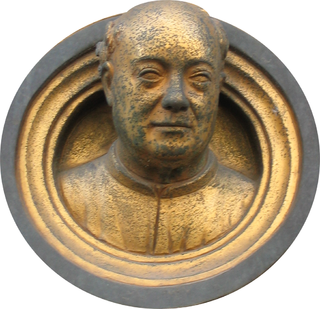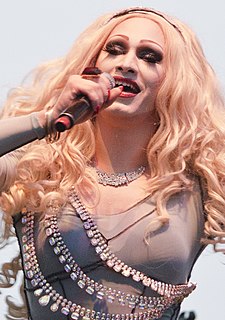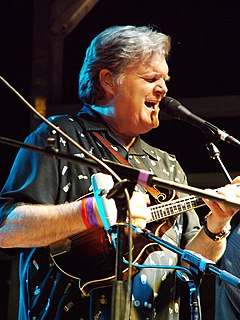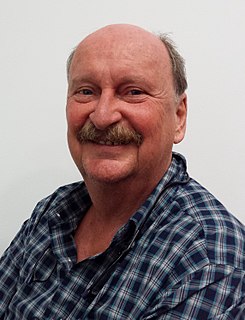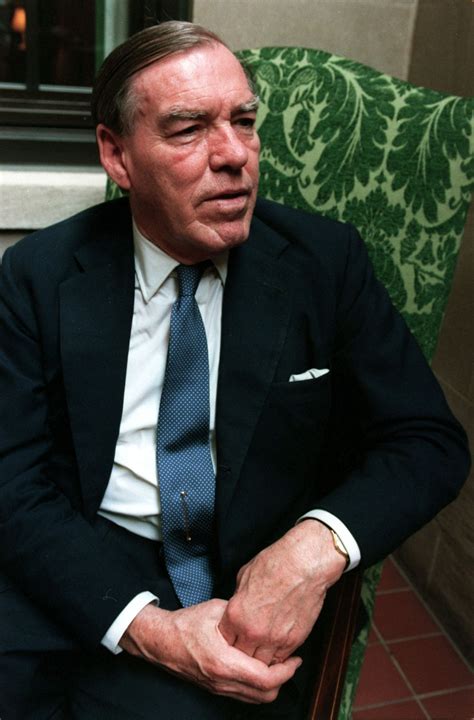A Quote by Marcus Vitruvius Pollio
Architects should be educated, skillful with the pencil, instructed in geometry, know much history, have followed the philosophers with attention, understand music, have some knowledge of medicine, know the opinions of the jurists, and be acquainted with astronomy and the theory of the heavens
Related Quotes
I think everyone should understand history of segregation the same way we had to go to school and read about George Washington. I believe this generation should know their history and they should know that the struggle's not over yet. For instance, you can't get the cover of a magazine if your skin is too dark.
Some guys that know me from when I was a kid say "My son, oh he's just like your father." It's just a natural part of our lives. But, within the music industry and within the industry of the critiques of music, where it becomes "Ziggy's music is not as good as Bob's music," I don't understand. But I don't really pay much attention to that because I'm just expressing myself.
No one really knew the sciences except the Lord Robert, Bishop of Lincoln, by reason of his length of life and experience, as well as of his studiousness and zeal. He knew mathematics and perspective, and there was nothing which he was unable to know; and at the same time he was sufficiently acquainted with languages to be able to understand the saints and the philosophers and the wise men of antiquity but his knowledge of languages was not such as to enable him to effect translations until the latter portion of his life.
Kunta Kinte's strength derives from the knowledge of where he comes from, but it struck me that I don't know where I come from. I understand that my last name is Kirby, that I was born in London, third-generation Jamaican, and at some point along the line, that name was changed. I didn't know my history past my grandparents.
It is thus hardly surprising that so many of the great minds in recent history have concerned themselves with economic matters. Indeed, they have come to regard economic theory in precisely the same way the ancient philosophers viewed the heavens - as the key to understanding and controlling our fate.
We should listen less to the opinions of those who either overtly promote or stubbornly reject complementary and alternative medicine without acceptable evidence. The many patients who use complementary and alternative medicine deserve better. Patients and healthcare providers need to know which forms are safe and effective. Its future should (and hopefully will) be determined by unbiased scientific evaluation.
The theory of medicine, therefore, presents what is useful in thought, but does not indicate how it is to be applied in practice-the mode of operation of these principles. The theory, when mastered, gives us a certain kind of knowledge. Thus we say, for example, there are three forms of fevers and nine constitutions. The practice of medicine is not the work which the physician carries out, but is that branch of medical knowledge which, when acquired, enables one to form an opinion upon which to base the proper plan of treatment.

